Recently, Dutch bandage company Hanasplast created a limited time box of Hearts bandages designed to “heal emotional wounds.”
Now before I became a parent, I’m pretty sure I would have laughed at the idea.
In fact, some parents are probably laughing at the idea now.
You’re upset? Here’s a popsicle. Moving on…
My friend Kate, an associate editor at Cool Mom Picks, told me that her first reaction was to roll her eyes, thinking of the bandages as a way of pandering to overly dramatic kids. But the more we discussed the idea as two adoptive moms with children from backgrounds of relative trauma — her daughter is from South Korea, my two sons are from China — the more we saw that emotional bandages could play an important part in some children’s lives after all.
Related: 8 outstanding books that teach empathy for kids with special needs
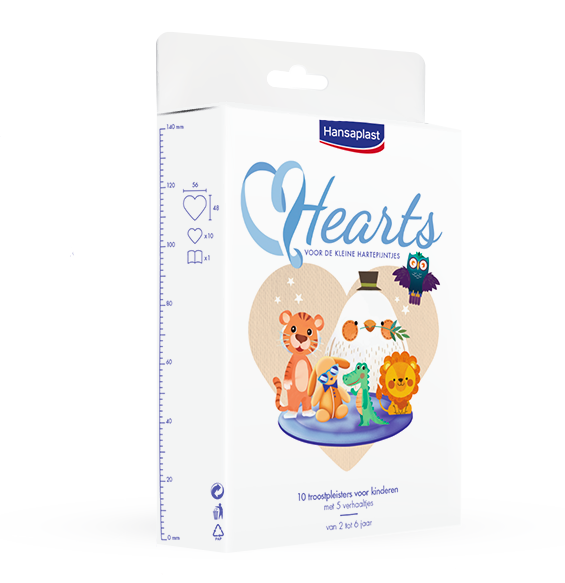
Children from backgrounds of trauma and neglect have far different needs than kids who grew up cared for by their birth parents.
As so many of my mom friends had the opportunity to learn their biological babies’ different cries — hungry, fussy, tired, sick — it’s easy to take for granted that those babies have an emotional advantage later in life; very early on, they learned the valuable lesson that vocalizing their needs helps them have those needs met.
On the other hand, children like mine often experience days and even months of crying in those early months, with no one meeting their needs. That has the impact of leaving them without the basic understanding of how to communicate feelings as they grow older.
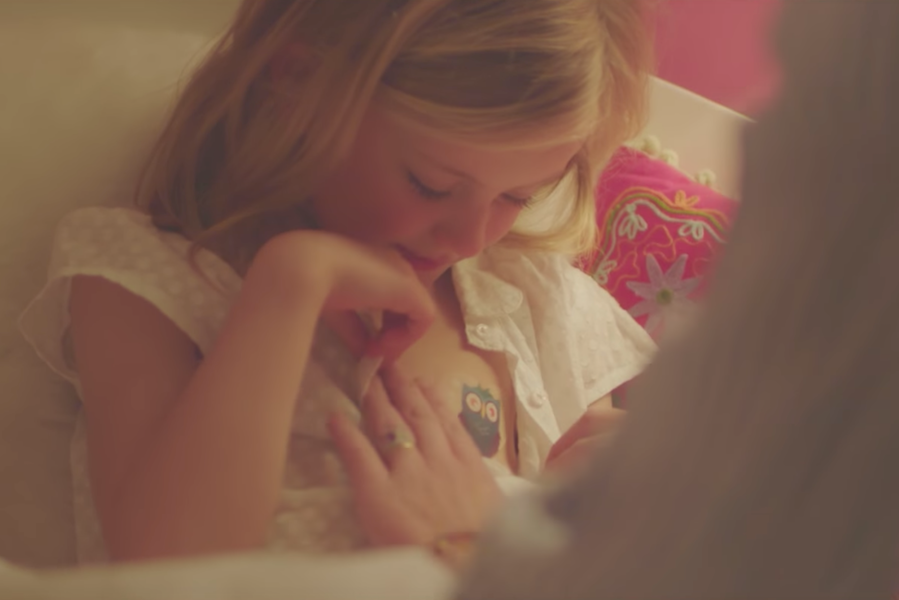
So when I saw the Hearts bandages video, all I could think of was what a great on-ramp these heart-shaped bandages are for children from these backgrounds of trauma and neglect.
Created with the guidance of a child psychologist, each one has a different design, linked to one of children’s top issues, including little losses, small fights, making mistakes or the challenges growing up.
I see the bandages as a way to start conversations with a child, and a tangible way to give a child permission to identify a feeling, name it, and to do something about it.
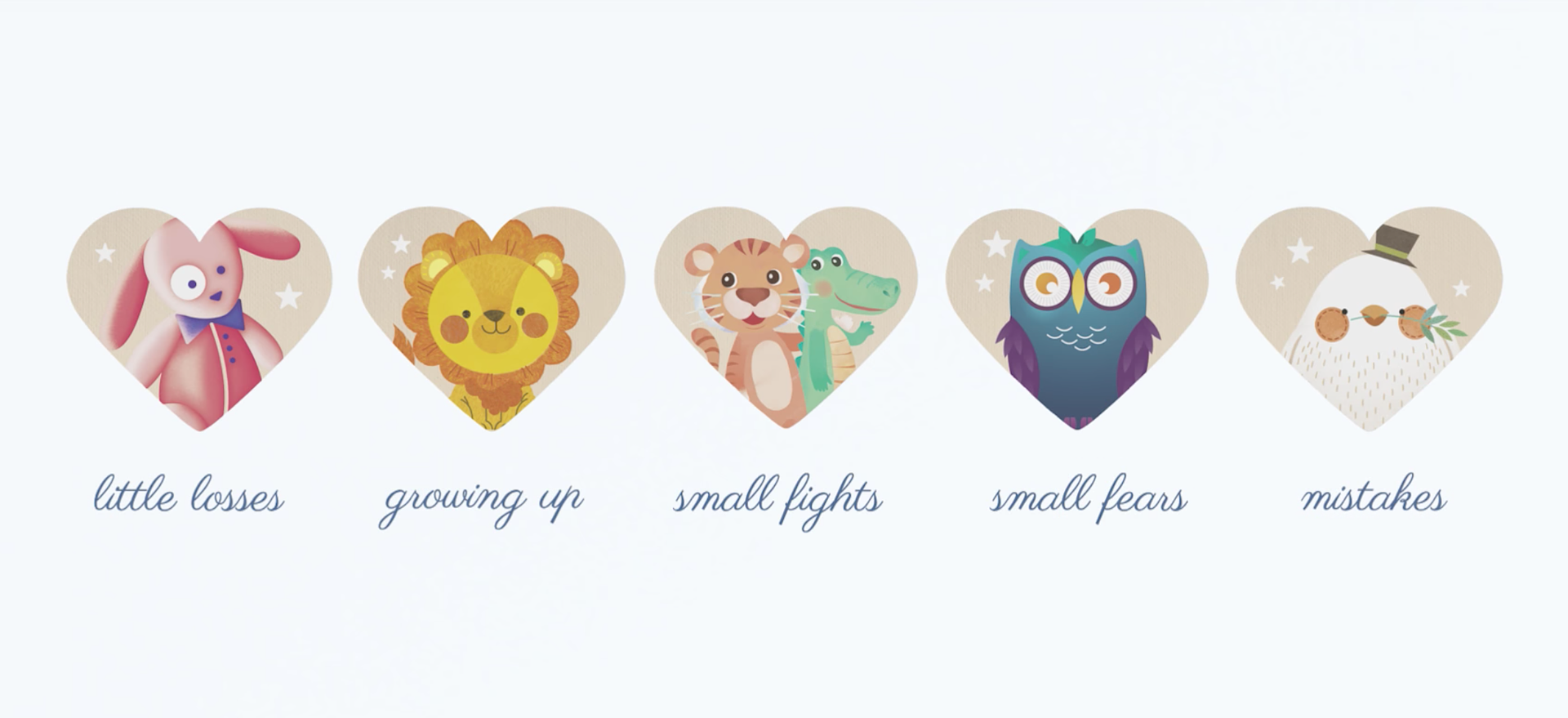
That tiny piece of control is so important.
It validates a child’s emotions, giving them an appropriate and safe way to talk about what’s happening inside them. It also teaches them that their needs will be met when they communicate; and even better, they even get to participate in the solution, choosing the particular bandage to wear on their body as a reminder that they are both safe and in command of their own feelings.
Related: How a keeping a gratitude journal with your kids can improve their emotional health
In fact, I wish I’d had a box when we adopted — for our son who couldn’t function apart from his stuffed dog for eight years, or the son who feared showing fear of a shot in a pediatrician’s office would offend and anger the doctor. Hearts bandages would have given me another way to give my kids a voice.
For parents looking for ways to talk about emotions with a child struggling with adoption, early trauma, or other difficulties, I can see a product like Hearts bandages being a great way to built up trust in your kid’s emotional bank.
So before you judge the idea and deem it silly (like we both admittedly did at first), consider the positive impact they could have on so many kids. Even if not your own.
Hansaplast’s box of Hearts bandages were distributed in European grocery stores and online as a limited-edition giveaway, but they’re hoping to roll them out as a consumer product in the near future. We’ll keep our eyes out for American distribution.
In the meantime, check out these other cool products we’ve found that can help kids talk about their emotions:
–An app that helps kids understand themselves and learn empathy
–A card game that helps kids process difficult emotions.
–Fun, easy craft kits designed to help kids understand emotions
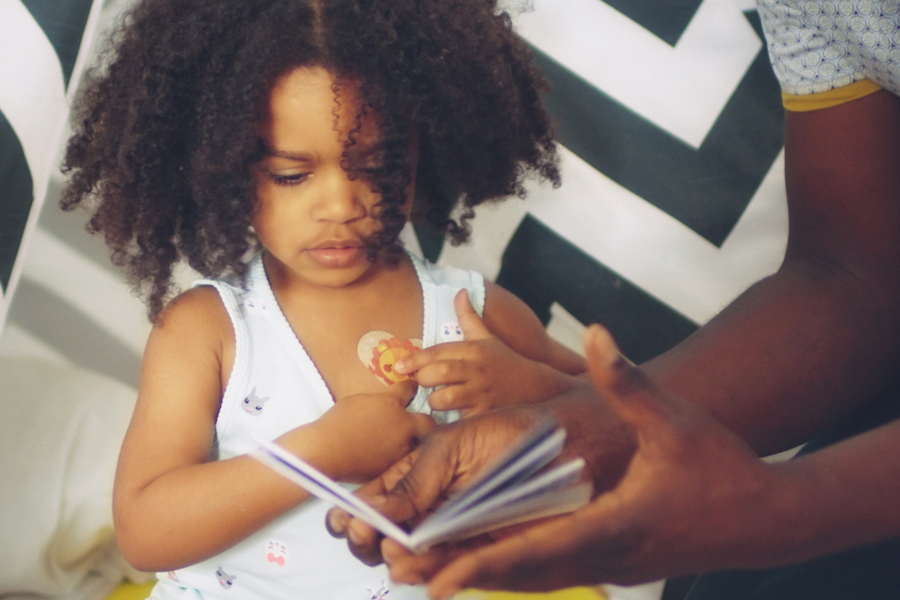


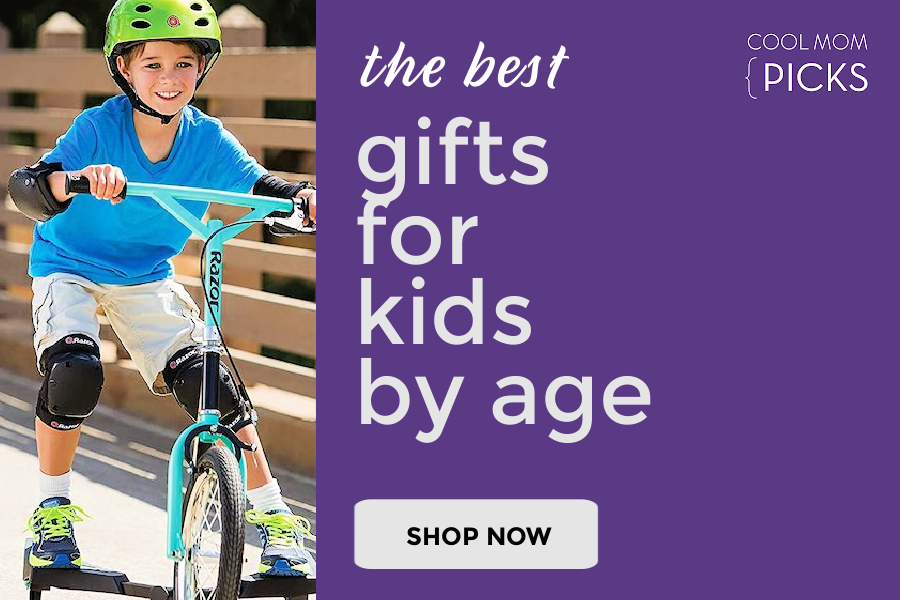
This might be a good idea but the way it is introduced in the video is so sexist I wanted to scream. All of the, ’emotionally hurt’ children are little girls. How can a producer be so blind as to exclude the emotional lives of little boys?
—
The kids portrayed in the video are both boys and girls. -Eds